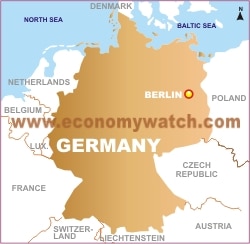Will Germany Regret Going Non-Nuclear?
The fallout from the Fukushima nuclear disaster left the entire world running scared. Germany, for instance, announced that they would be shutting down all of its 18 nuclear power plants by 2022, choosing to rely on renewable energy sources and traditional coal-fired plants in the future instead. But the cost of utilising renewable energy sources will be great. Apart from having to actually invest into the technology, Germany could also face opportunity losses that would harm its long-term economic planning.




